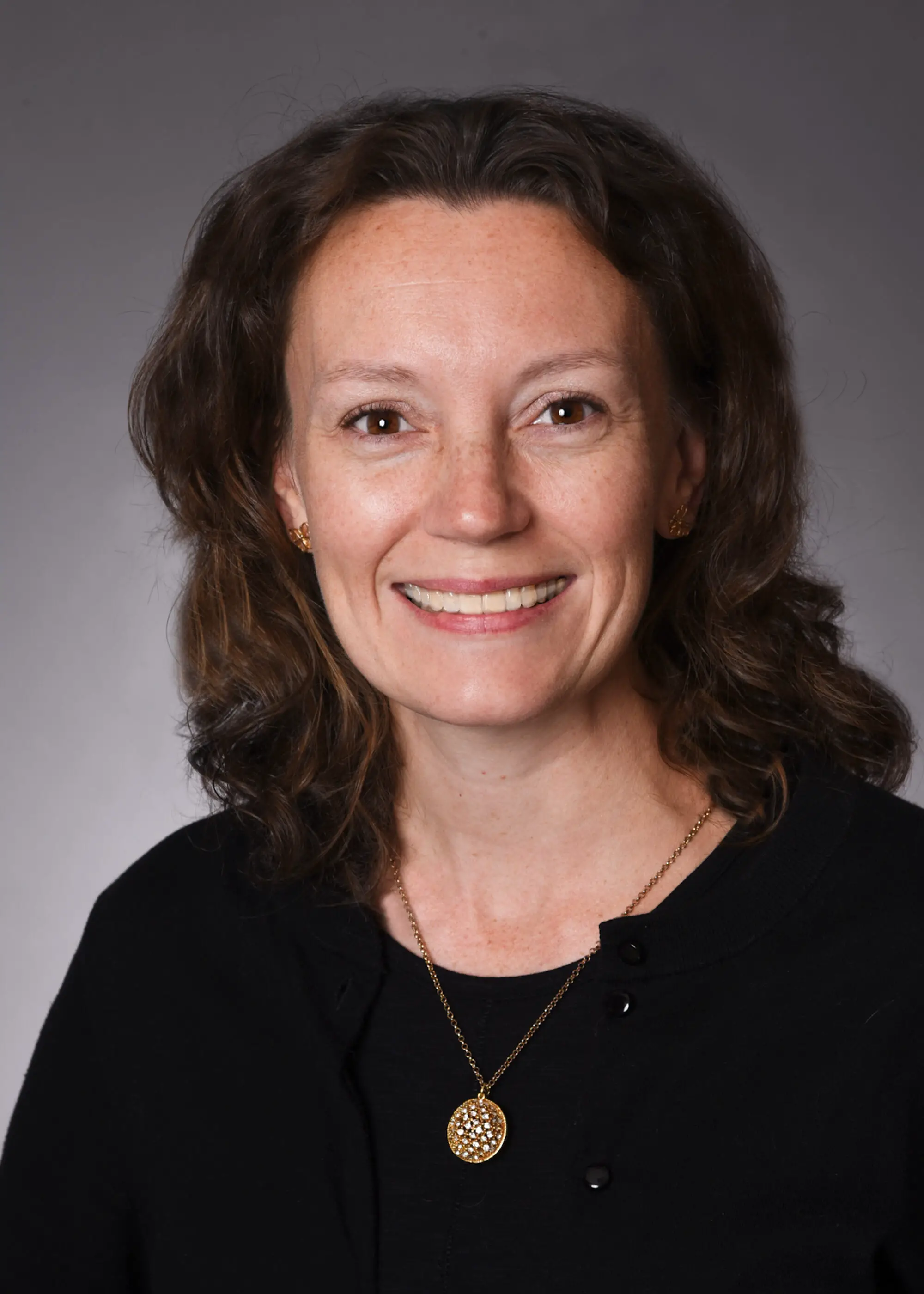Kim Mooney-Doyle Awarded Nearly $500,000 to Study Communication Needs in Families of Seriously Ill Children
February 14, 2024 Mary Therese Phelan
The grant awarded to the UMSON assistant professor aims to create family-focused interventions to assist siblings and parents of children affected by serious illness.
Kim Mooney-Doyle, PhD, RN, CPNP-AC, assistant professor at the University of Maryland School of Nursing, has been awarded a two-year R21 grant of $460,000 from the National Institute of Nursing Research to research how understanding family communication during serious pediatric illness, from the perspective of adolescent siblings and parents, provides opportunities to prevent long-term distress.
The number of seriously ill children is expected to grow with technological and health care improvements, emphasizing the need to develop systems and processes of care to bolster family strengths, diminish family suffering, and expand palliative care to all children affected by serious illness, according to Mooney-Doyle.
“Family communication is central to everyday family life and functioning, and it is linked to child adaptation. Yet, there is a critical gap in understanding its impact on sibling adaptation in pediatric palliative care,” Mooney-Doyle said. “Despite the importance of family processes, like communication, few interventions exist to support family communication in this context. Addressing the health of family relationships and their impact on sibling well-being during serious illness could minimize suffering and poor outcomes in bereavement or survivorship. We can weave prevention into palliative care.”
Nearly 200,000 children and adolescents in the United States have a sibling with a serious, life-limiting illness. Siblings face physical, psychological, and social risks including anxiety, depression, substance use, academic performance concerns, and emotional distress. These risks increase when the seriously ill child’s life is at significant risk or when illness management strains family time and routines.